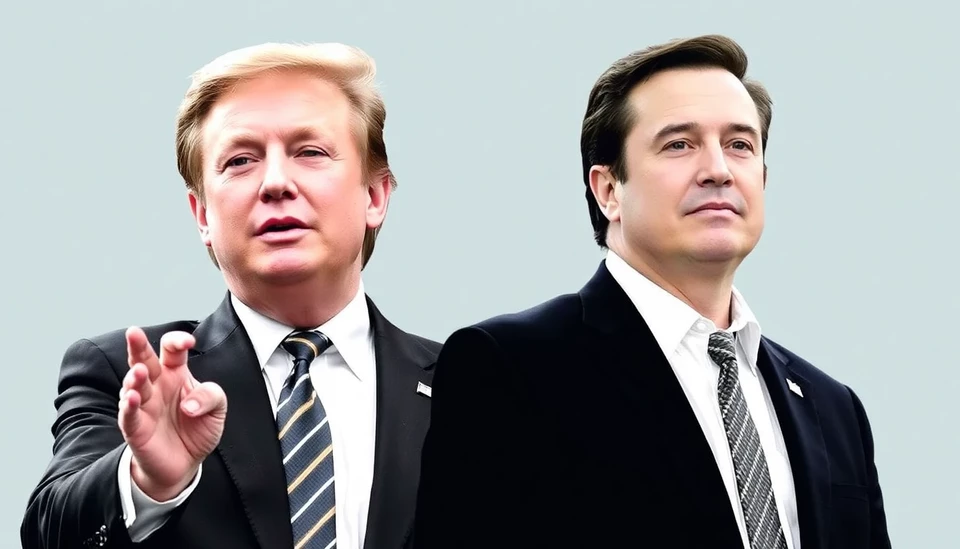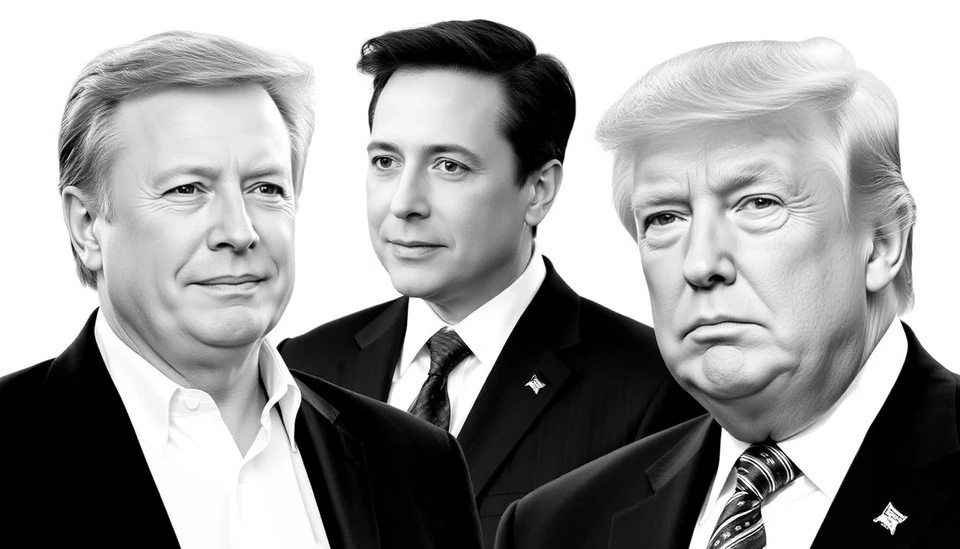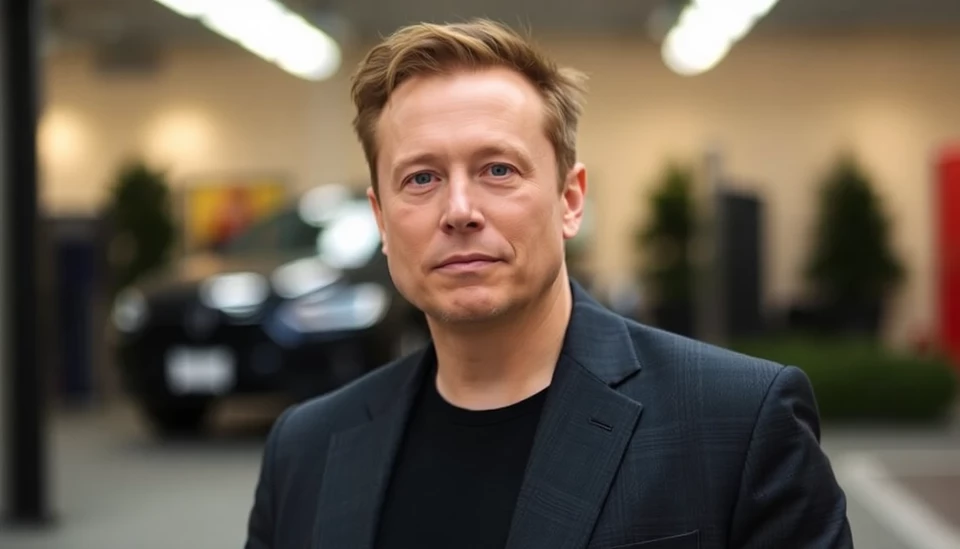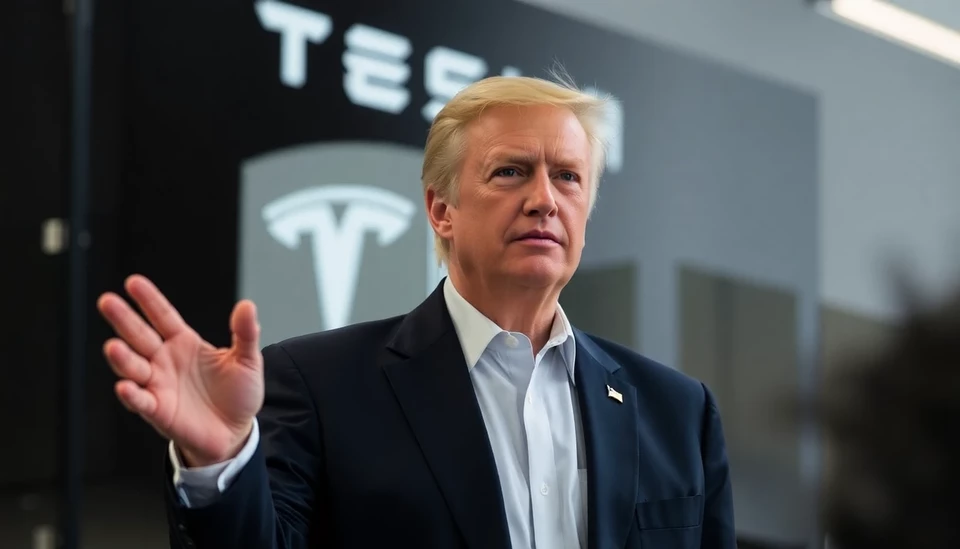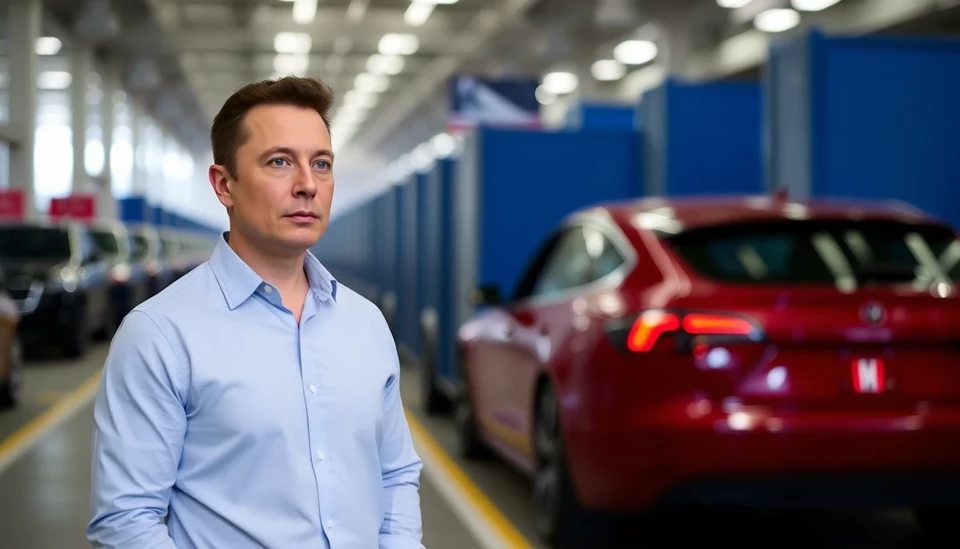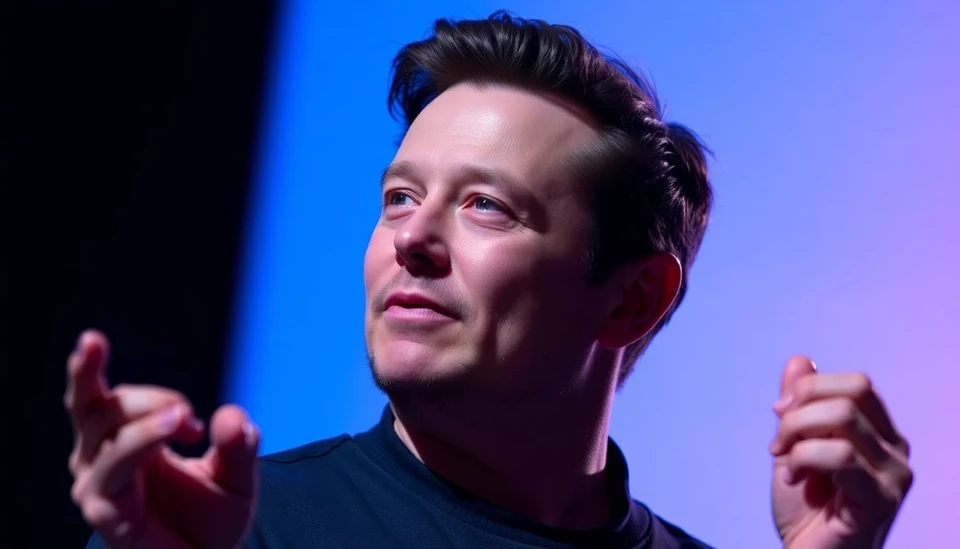
In a significant development within the tech industry, Elon Musk is calling on the courts to intervene in what he describes as the unlawful transition of OpenAI from a non-profit to a for-profit entity. The move has sparked a heated debate around the implications this shift has on artificial intelligence (AI) ethics and the original mission of the organization, which was founded to advance digital intelligence in a way that benefits humanity as a whole.
Musk, who was one of the original co-founders of OpenAI and significantly contributed to its establishment back in 2015, has expressed concerns about the potential repercussions of this conversion. He argues that by prioritizing profit, OpenAI may compromise its commitment to social responsibility and its foundational goal of ensuring that artificial general intelligence (AGI) aligns with the needs of humanity.
The lawsuit, filed in a California court, could lead to a rigorous scrutiny of OpenAI's operations and the decisions made by its board. Musk’s legal team contends that the organization has abandoned its ethical obligations to operate in the public interest by pivoting toward a profit-centric model.
Musk's discontent is shared by many who feel that the commercialization of AI technologies often overlooks the intricate ethical considerations that come with developing such powerful tools. Specifically, Musk has voiced fears that the drive for profit may lead to unsafe AI advancements, conflict of interest, and a lack of transparency, ultimately putting users at risk.
The contentious transformation of OpenAI into a for-profit business structure has been seen as a necessary evolution to secure funding and compete with major technology players. However, critics, including Musk, assert that this shift has diluted the organization’s initial mission and could steer AI development in a dangerous direction.
As this legal battle unfolds, it highlights the broader debate within the tech community regarding the balance between innovation, ethics, and profit. Questions are being raised about the responsibilities of tech giants in artificial intelligence development and the potential need for regulatory oversight to ensure that public interest is prioritized over shareholder profits.
Observers of the case will be keenly watching how the courts respond to Musk’s request, as the decision could set a significant precedent affecting not only OpenAI, but the future trajectory of AI development practices sector-wide.
The ongoing developments surrounding Musk and OpenAI present a classic intersection of technology, ethics, and legal frameworks, and may catalyze meaningful discussions about the future of artificial intelligence in society.
As we await further updates on this case, the implications could reverberate through the tech industry, potentially shaping the policies and practices of many organizations involved in AI research and development.
#ElonMusk #OpenAI #ArtificialIntelligence #LegalAction #TechEthics #ForProfitTransition #AGI #AIRegulation
Author: Victoria Adams
